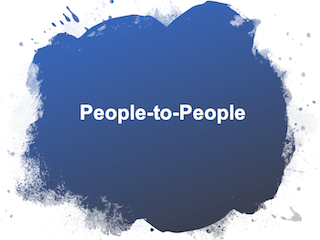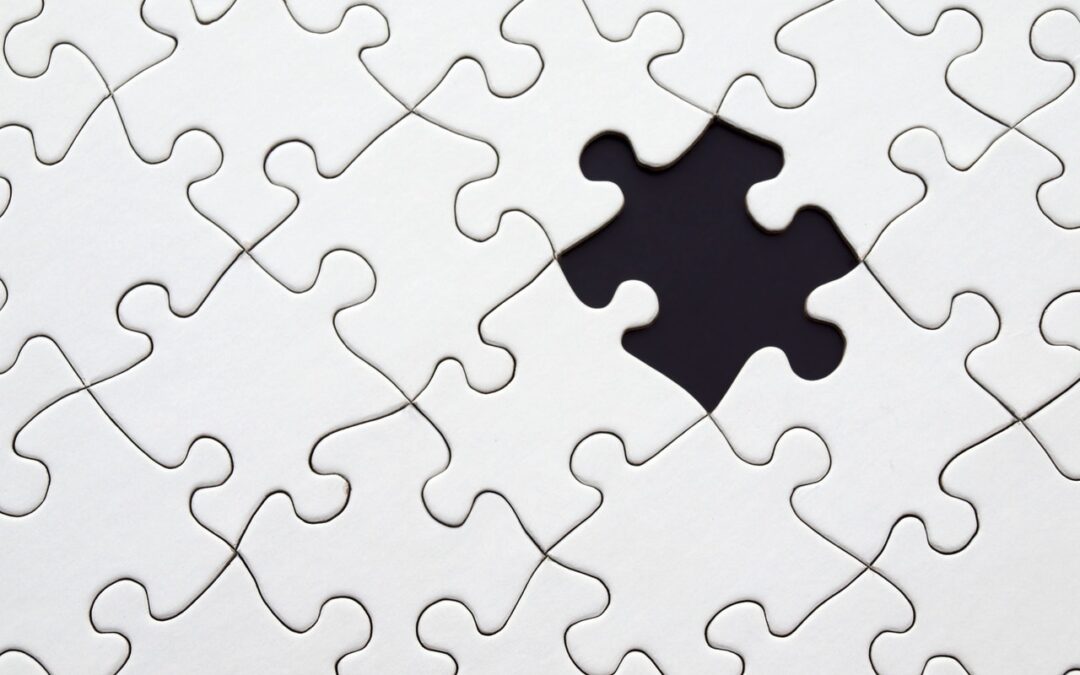
Mastering our Thoughts and Actions Is the Key to Happiness
Mastering our Thoughts and Actions Is the Key to Happiness
Society often defines success as fame, fortune, and achievement as perceived through the eyes of others. We convince ourselves that we will be happy when we finally make our fortune, find the perfect spouse, graduate college, or end up at the top of our business. But most people who define success in these terms are unhappy.
Happiness comes from within. There are some principles that can serve as a map that will lead us to true inner happiness. However, in life’s journey, our natural feelings of peace, love and joy frequently become clouded by negative misguided beliefs.
Our mind is constantly justifying why we create a feeling, and then because of our five senses we convince ourselves that it’s real. We become slaves to the feelings we create. We begin to believe our own mind chatter rooted in fears.
Built up stress and insecurity are often due to self-created thought systems, influenced by external inputs. For example, you are at the checkout line of your favorite food grocer, and your emotionally aware consciousness might allow you to let someone go in front of you, perhaps because he/she is in a hurry, and only has 2 items.
Conversely, the fear of being taken advantage of could take over. Perhaps as a child someone tricked you, or stole your favorite toy, and you created a belief system of distrust and a need to be guarded. You may reason with yourself: “I am in a hurry too, we are all in a hurry, he/she can wait like the rest of us.”
Now imagine you walk out of the store and strangely you get into some kind of accident that you might have avoided because you were in the store an extra 5 minutes.
Sometimes we are given opportunities to alter the outcome of our life in a positive way, but we let our fear-based thought system take over, and the actions we take as a result end up causing us chaos. We don’t often see the logic and perfection to an otherwise imperfect life, because the mind chatter is tuned into the station called “fear FM”.
We Build the House
Negative moods are created by acting on negative thoughts. We build the house we live in, and we often build with negative bricks. The secret is knowing that the moods we experience are a result of the actions we took or did not take.
A quiet mind allows us to choose our course of action on the thoughts coming in; our mood depends on this. This requires great discipline not to let fears and judgmental thoughts run their course; meaning they can happen — but we should not always act on them. This is where meditation and the practice of mindfulness come in very handy.
Sometimes the simple realization that it is just a thought that requires no action be taken will be enough to immediately raise your level of consciousness. Sometimes the thoughts cause people to act in an out of control fashion, and the resulting moods can be devastating.
If you find yourself having raging thoughts of anger, resentment, difficulty focusing, and the actions you take on those thoughts cause chaos in your life, don’t dismiss the possibility of neurotransmitters imbalance of the brain, and as such I am advocating taking properly prescribed medication or treatments by a professional.
In the past two decades there has been an increase of 400% in Bi-Polar Disorder, mostly because unlike years ago when it was demonized, science is beginning to find treatments for imbalances that cause people to act in ways that creates chaos in their lives.
These same people are often geniuses who lead extraordinary difficult lives. People like Sir Isaac Newton, Mark Twain, Galileo, Michelangelo, Pablo Picasso, President Lincoln, and countless others were all manic depressive; they made amazing contributions to the betterment of mankind, yet I side with how difficult it must have been to live in their own minds, and within themselves, yet still choosing to be value creators.
Most of us aren’t in need of medical medicine to manage our stress and fears. There is a free medicine that does wonders in altering a bad mood, it’s called gratitude. Just by appreciating your health, talents, children or simply a beautiful object, you begin to want to emanate happiness and love, rather than fear.
Let Go of Destructive Ideas
Most of the pain people endure have roots in relationships gone bad. Everything about life is about relationships, but we frequently hold false assumptions about relationships. Here are some false ideas:
Love is blind: Love is not blind. When in love, we notice differences and see them as interesting, and endearing rather than faults. We see things as we should every day. We see things without judgment. Imagine if we could do this in our relationships all the time. We would be in love all the time.
It is important to be compatible: The notion that people have to think about and enjoy doing the same things to be compatible is simply not true. It is another illusion our fears create. By respecting differences, we all have the ability to be compatible. When we remove judgment, and let go of our fears, our consciousness will find all kinds of ways to be happy in a relationship. This holds true even at work. The notion of hiring for cultural fit is limiting and lacks respect for true diversity, which includes beliefs and lifestyles.
We will be happy when circumstances change: You cannot experience happiness by focusing on circumstances or what isn’t there and probably never will be. Get rid of the should, and the should nots, and start seeing what is. It’s like the woman who complains about her husband snoring at night, and then wishes she could give anything to have him back when he has passed away.
Jealousy: This is my favorite; it took me 14 years to overcome this one. Jealousy is imagined fear, insecurity and possessiveness caused by unfounded assumptions or imagined ideas about how another person thinks or feels, which leads to distrust or blame. All barriers that limit clear, real, happy thinking.
Anything worth doing is worth doing well: Like many ideas we fabricate, this is just not so. If doing well simply meant putting your heart in it, or enjoying it, the saying would be a positive. But most often we define doing a thing well as executing it perfectly. It is always best to focus on excellence over perfection.
We are constantly judging everything. Where does judgment come from? Fears.
“The greatest life treasure — joy and happiness, only happens when we replace the need to judge.”
Happiness Matters
When happiness is more important to you than anything else, you will be happy. How is this possible? There will be no room for thoughts that can jeopardize your happiness.
Understanding this changes how we see things. Everything and everyone in our world looks different. It may often seem as though others have changed. However, it is our thoughts (our consciousness) and thus our reality and our feelings that have changed.
When we give love, we get love. Not necessarily because others give it back to us, but because love will emanate through us and within us. We experience what we channel through us and outward to others.
“What we act on is a manifestation of our thinking, and what we manifest is who we become. We are the thoughts we act on!”
All that having been said, sometimes we just need to rant. If you find the need to rant, I would like to invite you to contact me to be a guest on my new experimental podcast called Rant & Grow. You can check out what it’s all about and listen to the trailer below.






Recent Comments